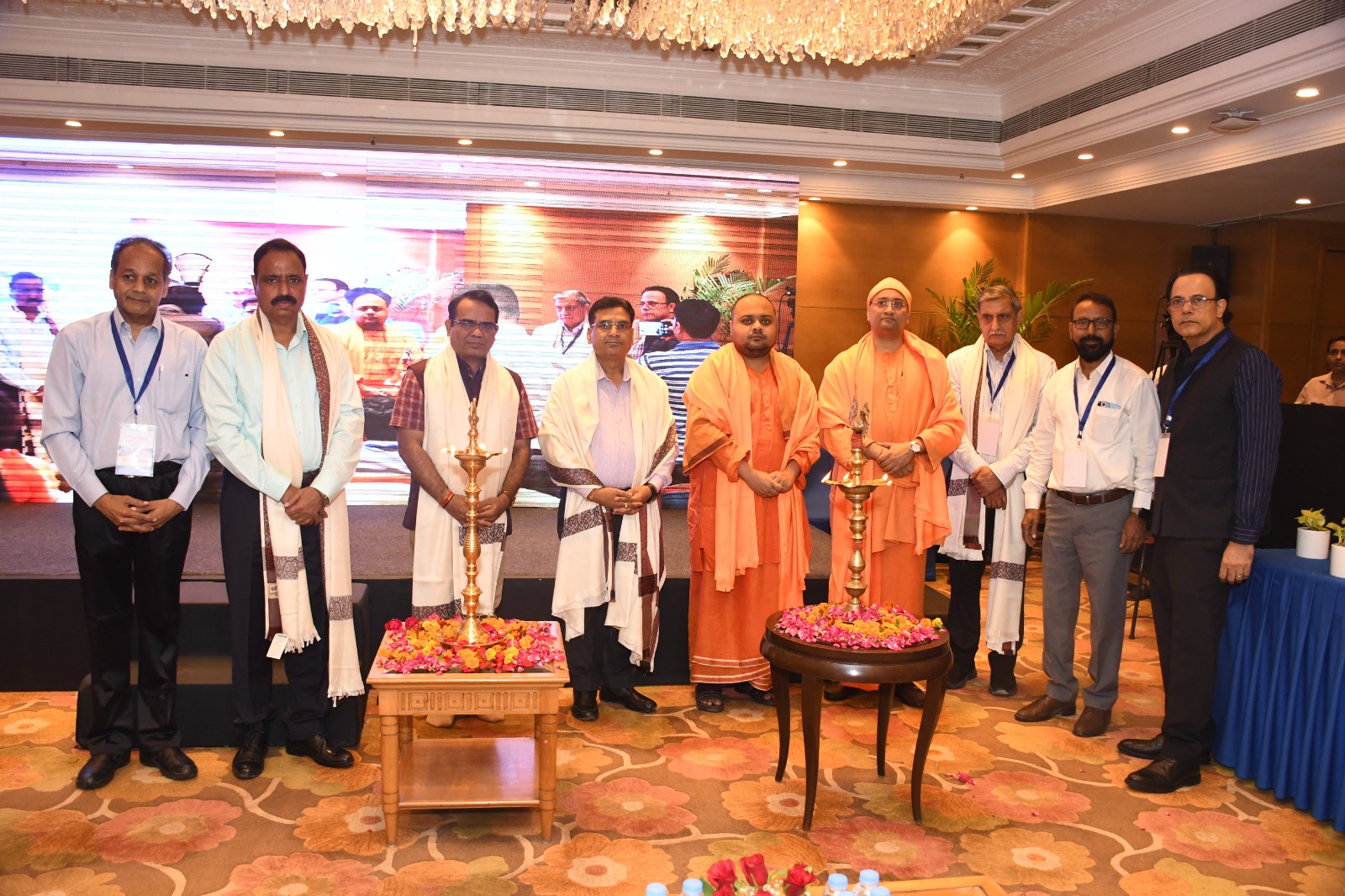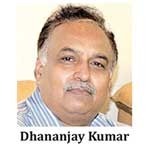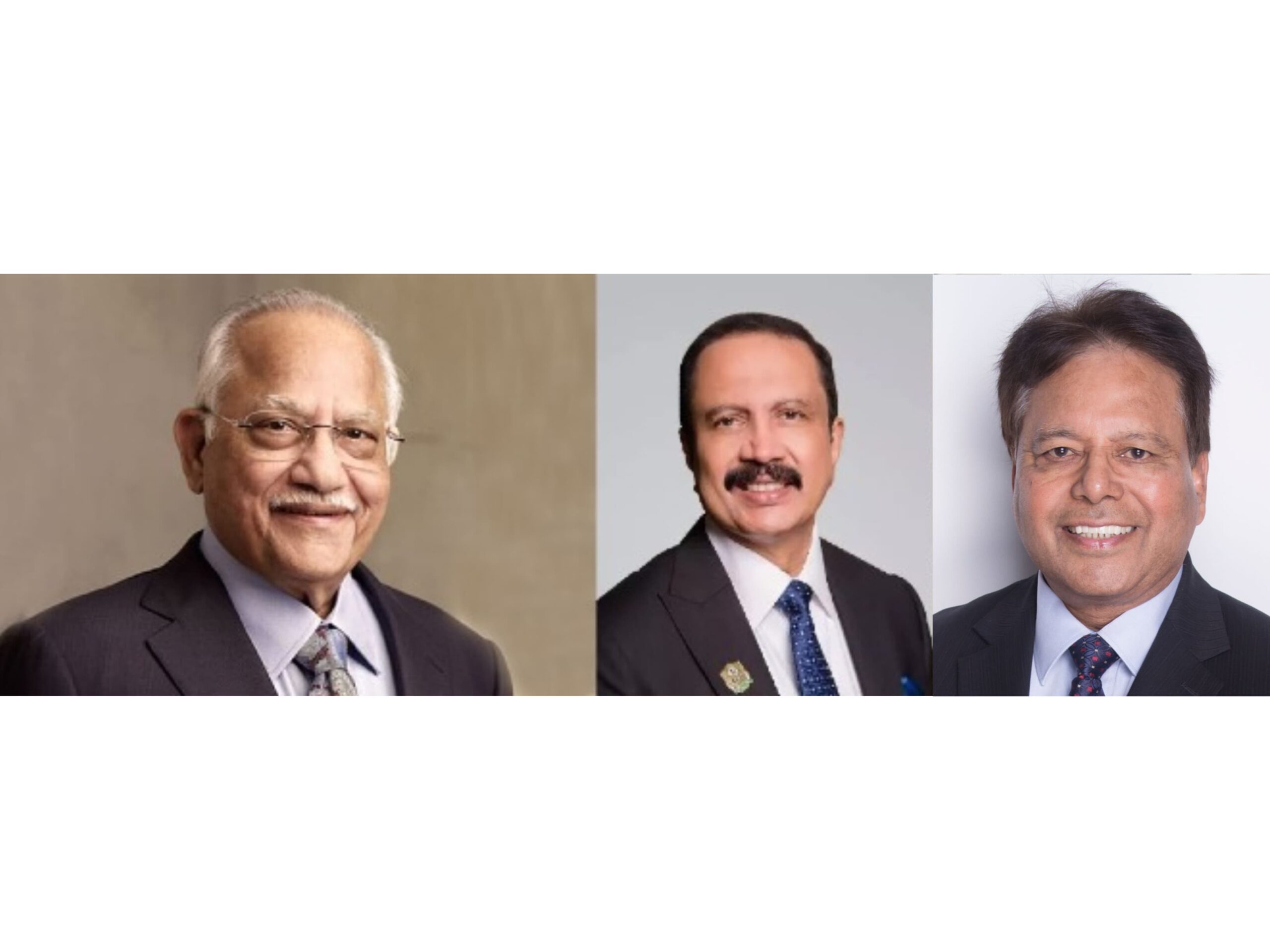
 New Delhi: As goal post of eliminating tuberculosis in India by 2025 is drawing near, there is an urgent need to tackle the most difficult part of it which is CNS Tuberculosis. The kind of tuberculosis which inflicts central nervous system i.e. brain and spinal cord might have posed an insurmountable stumbling block in the way of realizing this goal in time. But with AI (Artificial Intelligence) in armamentarium, it looks way easier to zero in on CNS TB in the country. A high powered conference around the theme ‘CNS Tuberculosis: Challenges and Solutions’ on April 26 clearly outlined the way forward and the tools on hand.
New Delhi: As goal post of eliminating tuberculosis in India by 2025 is drawing near, there is an urgent need to tackle the most difficult part of it which is CNS Tuberculosis. The kind of tuberculosis which inflicts central nervous system i.e. brain and spinal cord might have posed an insurmountable stumbling block in the way of realizing this goal in time. But with AI (Artificial Intelligence) in armamentarium, it looks way easier to zero in on CNS TB in the country. A high powered conference around the theme ‘CNS Tuberculosis: Challenges and Solutions’ on April 26 clearly outlined the way forward and the tools on hand.
It emerged through the symposium that AI (Artificial Intelligence) as a tool for early diagnosis of this genre of TB has come as a godsend to accelerate the solution. The delay in diagnosis greatly diminishes the chance of treating this fatal kind of TB. An AI algorithm and a clinical scoring system in place, diagnosis of CNS Tuberculosis is no more farfetched. Experts stressed on prioritizing early Diagnosis, New Surgery Technique, and Brain Shunt Management.
Experts from different fields especially neurosurgery, neurology, respiratory medicine, critical care, radiology et al came in force to underline challenges and all possible solutions to tackle this fatal kind of TB. A new surgery technique from India was also discussed since some patients need surgery and this new indigenous technique is published and accepted worldwide, showing significant improvement in the patient outcomes. Talking to Medicare News and other health media persons, Dr Samir Kalra, Senior Consultant and professor of Neurosurgery at Sir Ganga Ram Hospital summed up the essence emerging in the conference. Dr Kalra was one of the key members of organizing team.
Tuberculosis (TB) in India is a major health problem, causing about 220,000 deaths every year. In 2020, the Indian government came up with ambitious target to eliminate tuberculosis from the country by 2025 through its National TB Elimination Program. Central nervous system (CNS) involvement has extremely devastating clinical manifestations and is noted in 5 to 10% of extrapulmonary TB cases, and accounts for approximately 1% of all TB cases.
Experts are of the view that the management of CNS TB is largely different from TB elsewhere in the human body and its mortality and morbidity are very high in comparison. The biggest problem in the management of CNS TB is late diagnosis due to a lack of typical signs and symptoms. The treatment is also complicated by a lack of typical radiological features and follow-up is complicated by a lack of typical findings.
During the conference, experts said that to address some of these issues they have designed a clinical scoring system that is well-accepted and easily usable, and any Doctor needs just to fill in the blanks. It has been created to give a predictive value so that a triage can be done and patients likely to have TB can be identified and can be investigated accordingly. A similar radiological grading has been done and findings have been defined for ease of use and universality both these have been developed with the aid of artificial intelligence and an algorithm has been made.
One of the main highlights of the event was the announcement of a Research Grant for brain shunt management. A new innovative method of measuring brain oxygenation was discussed for which the team has been awarded a research grant by the Research Department of Sir Ganga Ram Hospital where team doctors measure these levels which help them in predicting the outcome of brain shunt management. Organizing team members said that the research on this is ongoing.
Dr Samir Kalra delved into details of Brain Shunt Management and said, “Amongst the most common conditions that affect the brain is hydrocephalus which means increased content of normal brain fluid known as cerebrospinal fluid. The treatment of this condition is done by a shunt tube which drains this extra fluid into the abdominal cavity and restores the brain pressure to normal. This tube gets blocked commonly at the abdominal end and in that case, a repeat surgery has be done. This happens in 10 to 20 percent of operated patients.”
“Our technique which is well accepted, presented, and published internationally utilizes laparoscopic aid and reduces this complication rate to around 1 to 5 percent,” concluded Dr. Kalra.
Expert speakers who shared their views during the event include Dr. Jyoti Jaju (Project Director, IDEFET TB Project), Dr. Dhruva Chaudhry (PGIMS Rohtak) , Dr Gunjan Soni ( SP Medical College, Bikaner), Dr. Rajesh Acharya ( Sir Ganga Ram Hospital-SGRH), Dr. Prakash Shastri ( SGRH), Dr. Rajeev Ranjan (SGRH), Dr. Arunav Sharma (SGRH), Dr. Nishchint Jain ( Apollo Hospital), Dr. Rajeev Anand ( BLK Max Hospital), Dr Rabi Narayan Sahu ( AIIMS Bhuvneshwar), and Dr Sonal Gupta ( Fortis) among others.









